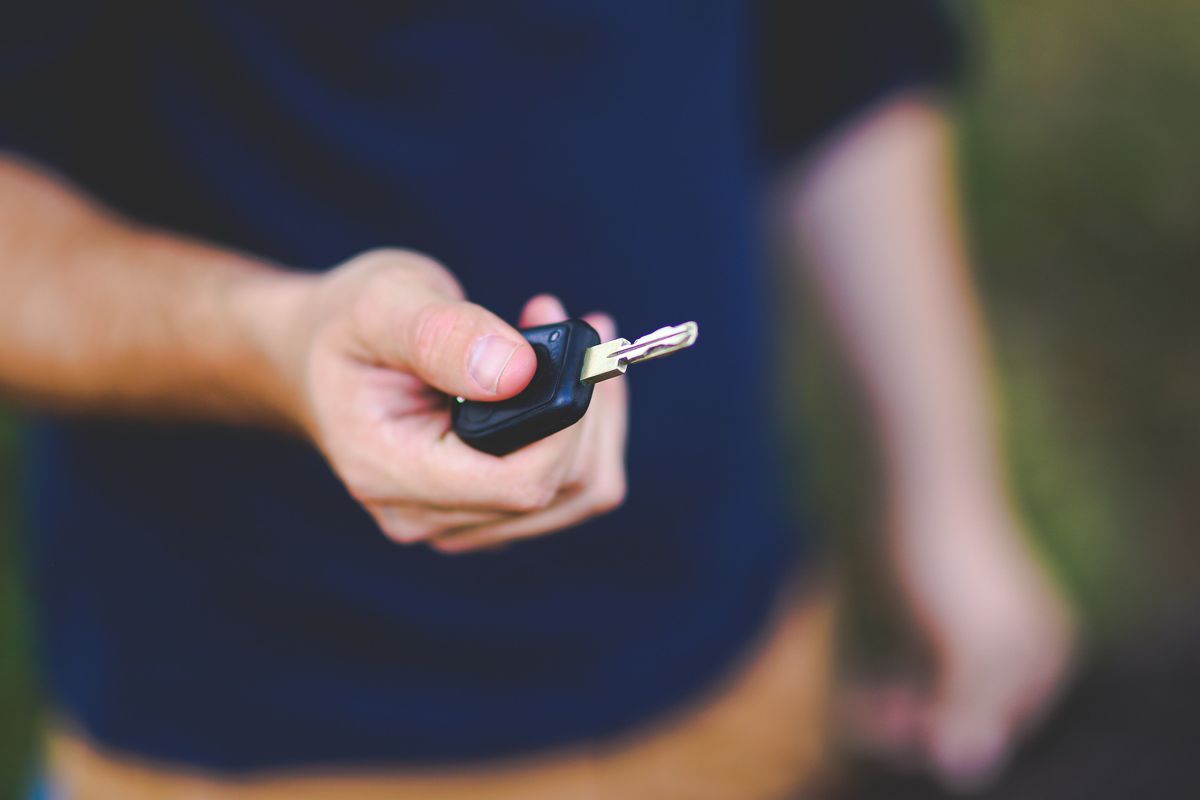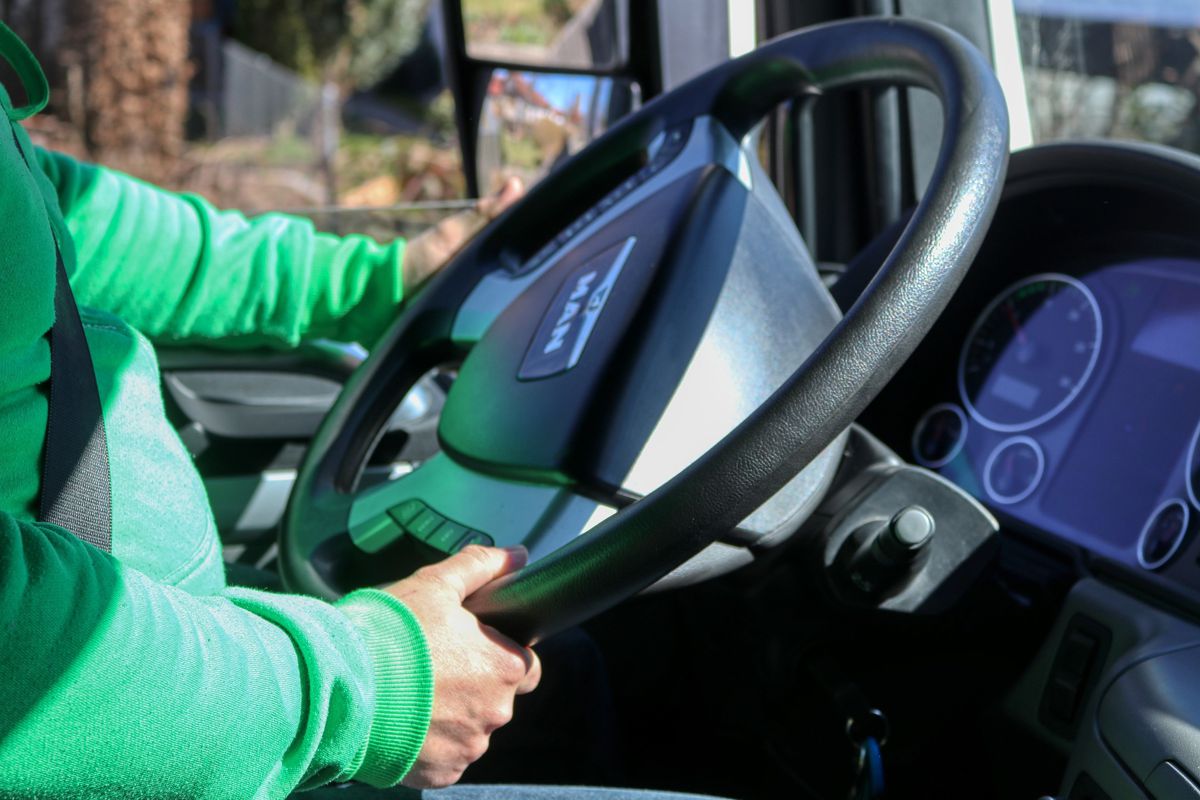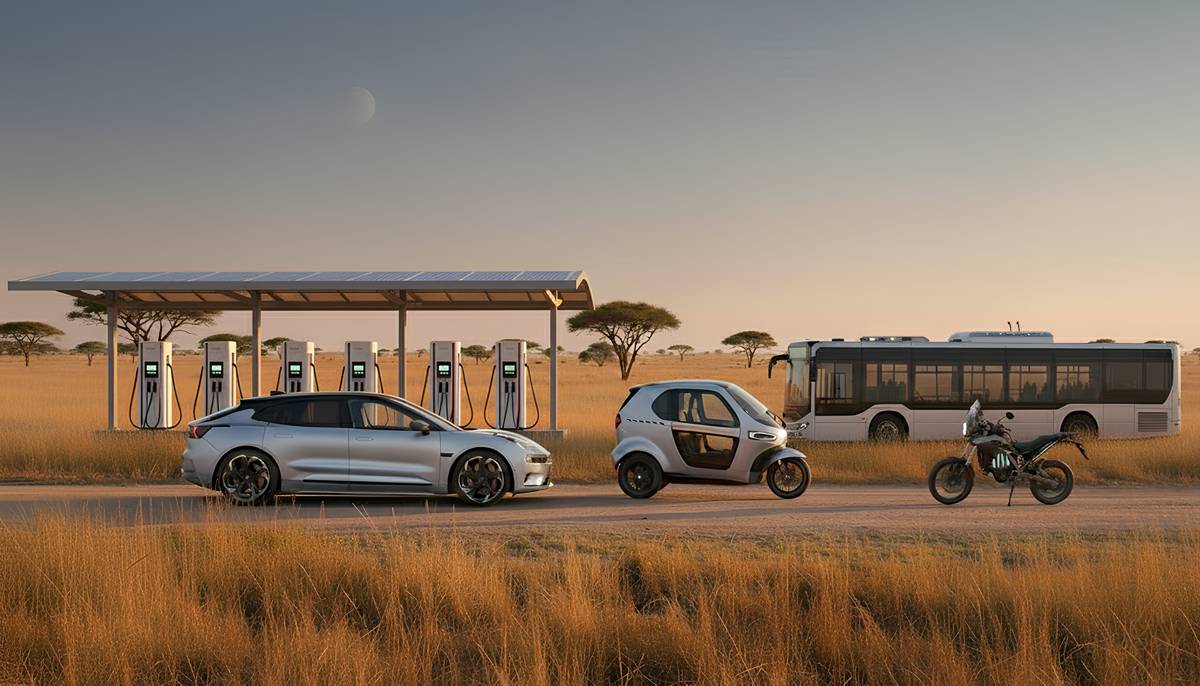Tips for Driving after a Car Accident
Having a car crash can leave a lasting effect on anybody. Even if you only had minor injuries or weren’t injured at all, psychological damage is something that can leave a lasting mark.
If you’re trying to get back into the swing of things with driving, here are a few tips to help you take the wheel with confidence.

Access support
Talk through the feelings your car accident left you with as much as you need to. Friends and family can be an invaluable form of support, and if you feel professional support is something you required, don’t be afraid to seek it out.
Try to think about the positives of getting back on the road, but don’t push yourself too hard at first. If the accident wasn’t your fault and it caused an injury or the development of a mental health condition, you may want to make a personal injury claim.

Start slowly
On your first drives after an incident, just take things slow. Short, undemanding drives at times that aren’t too busy are a good first step. Take simple drives around the neighbourhood and run errands before you get back onto the more complex roads.
Known as desensitisation, this is a fundamental concept underpinning some treatment approaches for anxiety and phobias.

Try not to avoid the crash site
It often feels intuitive to avoid places where a traumatic event took place. Avoiding the site of the crash can strengthen your belief that it’s a dangerous place to drive. When you feel able to venture out again, you may benefit from driving there again. By proving to yourself that you can do it, you can continue piecing your confidence back together.

Take a defensive driving course
If you’ve been left with heightened anxiety about safety on the road, why not consider a defensive driving course? It’ll teach you how to protect yourself against unpredictable drivers. You’ll also learn more about how to cope with driving in tricky weather conditions.
There are other courses available too, like advanced driving and Pass Plus courses. Taking an advanced driving course teaches you more about how to take on complicated junctions. It also deals with the challenges of countryside driving. Sharp bends, passing places and what to do if you encounter farming vehicles will all be addressed.
A Pass Plus course covers similar things in a short course that totals six hours. You’ll learn advanced driving skills without having to take a test at the end. And there’s another positive outcome: your insurance company may give you a discount on your next premium if you show them the evidence you’ve done this course!
Involvement in a car crash can make driving again seem like a looming threat. But it doesn’t have to be this way! You can slowly get back into the groove and learn new ways to cope with your anxiety that support your growth.





























